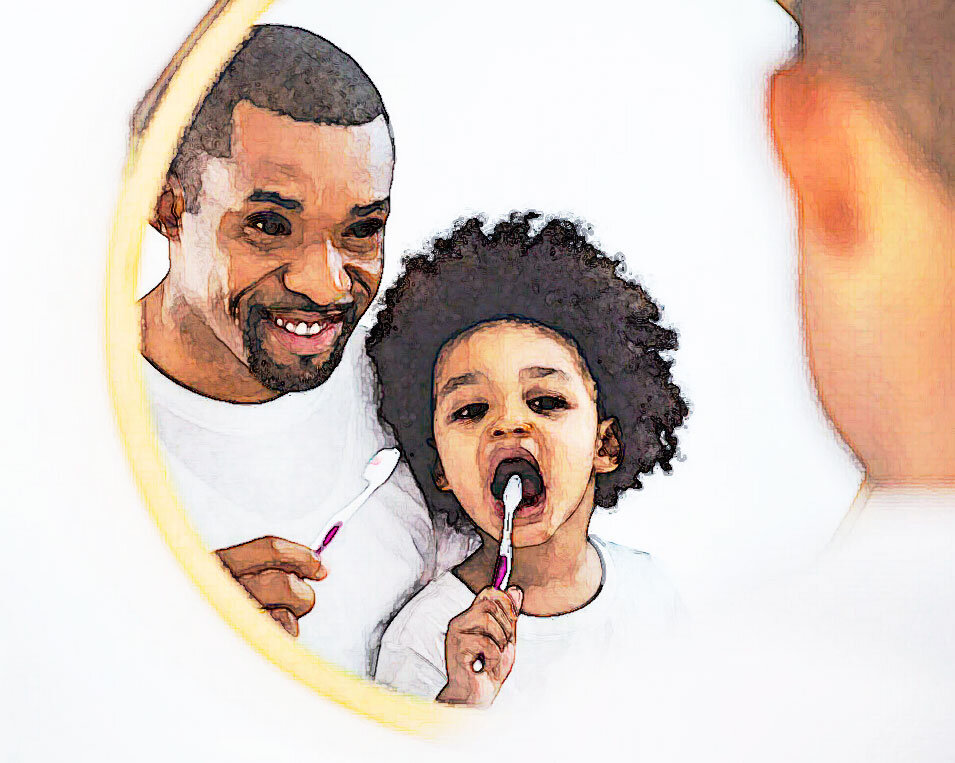How Much Do YOU Know About Dental Hygiene?
Brush Up on Your Oral Hygiene Knowledge
Have you become complacent about cleaning your teeth?
Are your oral hygiene habits falling to the wayside?
Is your mouth at risk of developing decay, disease, or infection?
If you can’t confidently answer these questions, then this blog is for you!
Whether you practice great oral health or have habits that need improving, it’s never a bad idea to step back and re-evaluate your current dental hygiene routine. In fact, it’s quite common to fall behind on brushing our teeth or flossing as time goes on.
At Alexandria Smiles, we believe that it’s never too late to start caring for your teeth. No matter where you’re at, you can trust that we’ll be here to help you get back on track. In an effort to encourage healthy oral hygiene habits, we challenge you to take the following quiz and test just how good your habits really are.
How Healthy are Your Habits?
Even if you know all the correct answers, following through with healthy habits is easier said than done. To help identify which areas of your dental hygiene routine could use a boost, take the following quiz, and answer honestly as each questions relates to you.
Test Your Dental Hygiene Routine
1. On average, how often do you brush your teeth?
a.) Once daily
b.) Twice daily
c.) After each meal
d.) Once a week
According to the American Dental Association (ADA), you should brush your teeth twice a day using a toothpaste that contains fluoride. By brushing your teeth once in the morning and once before going to bed, you’re eliminating harmful bacteria that can cause tooth decay and cavities.
2. On average, how long do you spend brushing your teeth?
a.) 30 seconds
b.) 1 minute
c.) 2 minutes
d.) 4 minutes
The minimum amount of time you should spend brushing your teeth is 2 minutes. A helpful way to remember this is by following the “2 and 2 rule” – brushing twice a day for two minutes both morning and night.
Not sure how long 2 minutes is? Sing the ABC’s to yourself two times through!
3. How often do you usually replace your toothbrush?
a.) Annually
b.) Every 3 months
c.) Every 6 months
d.) After being sick
Most people change their toothbrushes or brush heads twice a year, but that isn’t enough! The ADA recommends you replace your toothbrush every 3 months or roughly 4 times a year. Over time of regular use, germs build up on the brush and bristles break down which makes them less effective.
4. How often, on average, do you floss your teeth?
a.) Twice daily
b.) Before my dental appointment
c.) Once a week
d) Once a day
We get it – flossing is a pain but the more you do it, the easier it gets! Flossing at least twice a day removes food particles that become trapped in our teeth and gum line. Failing to floss on a regular basis creates an excess of plaque build-up which can lead to developing cavities, tooth decay, and gum disease.
5. How often do you visit the dentist?
a.) Annually
b.) Every 6 months
c.) After exhibiting pain or other oral incident (i.e. toothache, dental emergency, etc.)
Seeing the dentist once a year or in direct response of a dental issue is great, but ideally you should have at least one appointment every six months. Preventative services such as regular check-ups and cleanings benefit both your smile and your overall health.
Why Dental Hygiene Matters
Even though your smile may seem less important than the rest of your body, taking care of it is as crucial to your overall health as any other organ. Properly cleaning and caring for your teeth prevents harmful bacteria from spreading throughout your body and thus, lowers your chances of infection or illness.
The health of your mouth also contributes to how well your immune system fights off the common cold, respiratory viruses, and other ailments. For those with serious health conditions such as diabetes, HIV/AIDS, autoimmune disease and more, properly caring for your mouth can be the difference between life and death.
October is Dental Hygiene Month!
In the Alexandria Smiles’ office, we proudly celebrate Dental Hygiene Month all year round. From preventative services to cosmetic procedures, we’re dedicated to giving you a smile that’s as healthy as it is brilliant.
To set up your next visit or inquire about what we can do for you, contact us or schedule an appointment, today!
Other articles you may enjoy…
Is it Time to Change Your Toothbrush?
Everything you need to know about the importance of replacing your most-used dental hygiene tool.
Brushing Your Teeth the Right Way
How well are you brushing and flossing your teeth? Brush away bad habits by following these easy steps.
3 Important Tips for Good Dental Hygiene
We break down the three most important things to remember when considering the overall health and hygiene of your smile.








